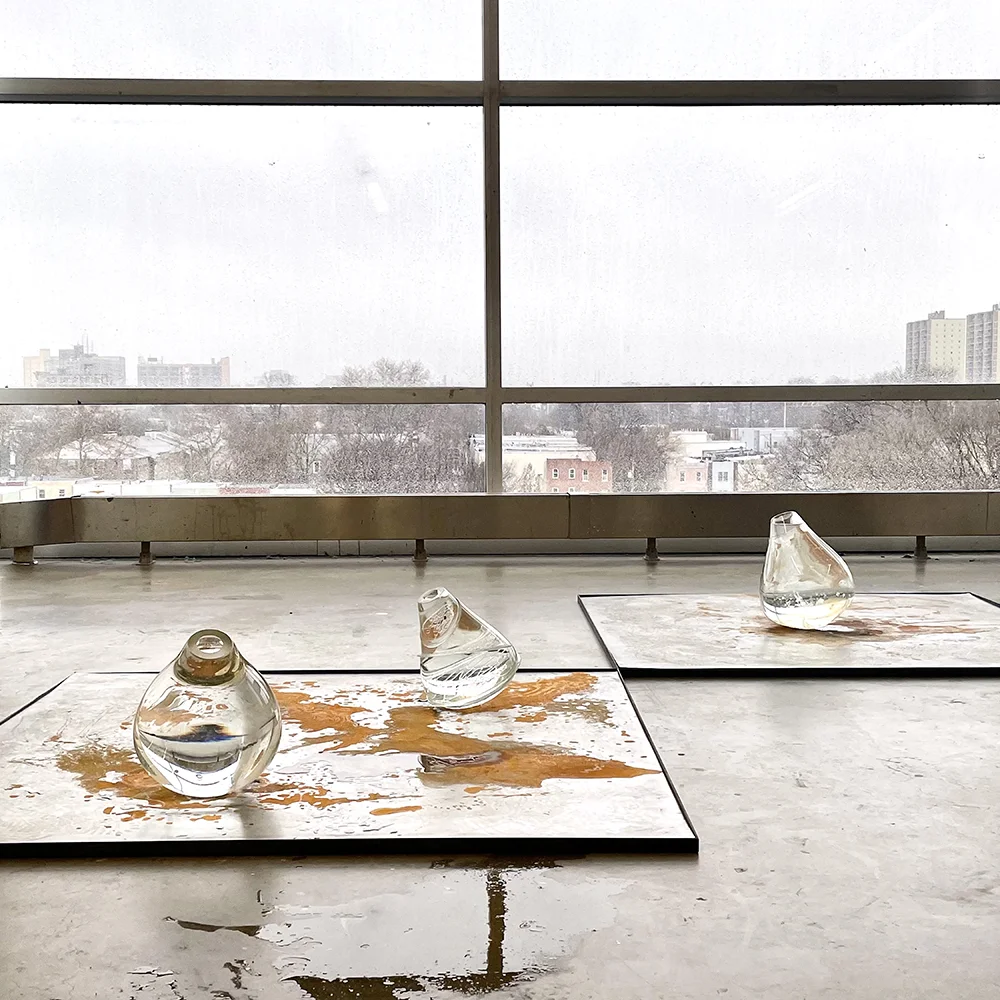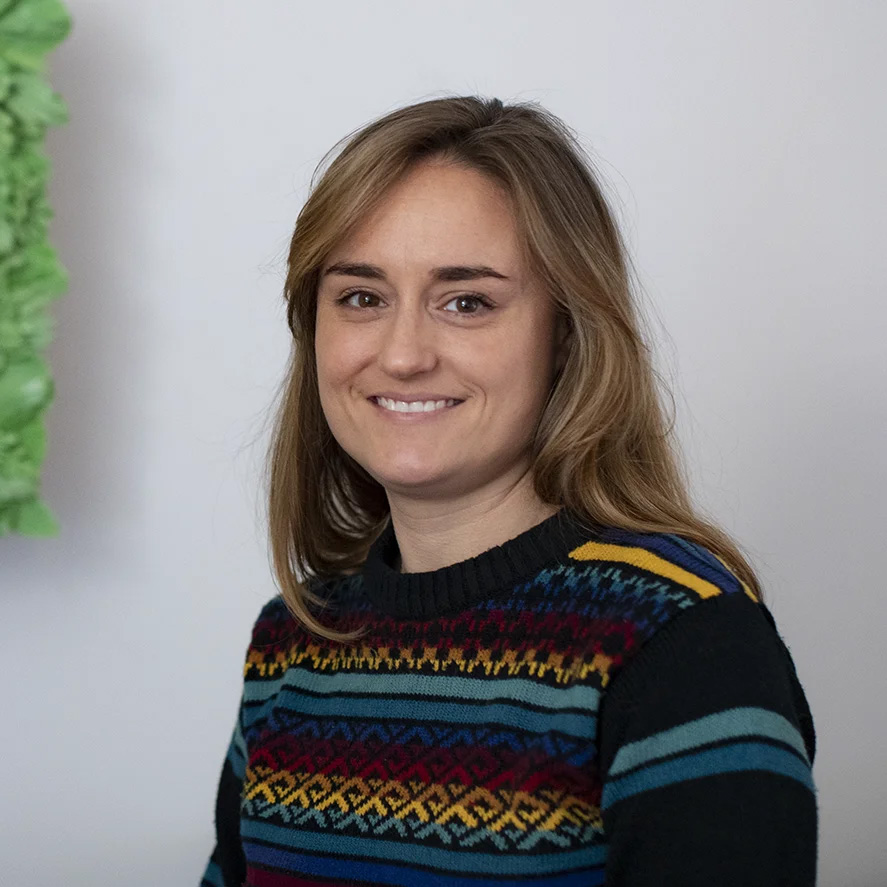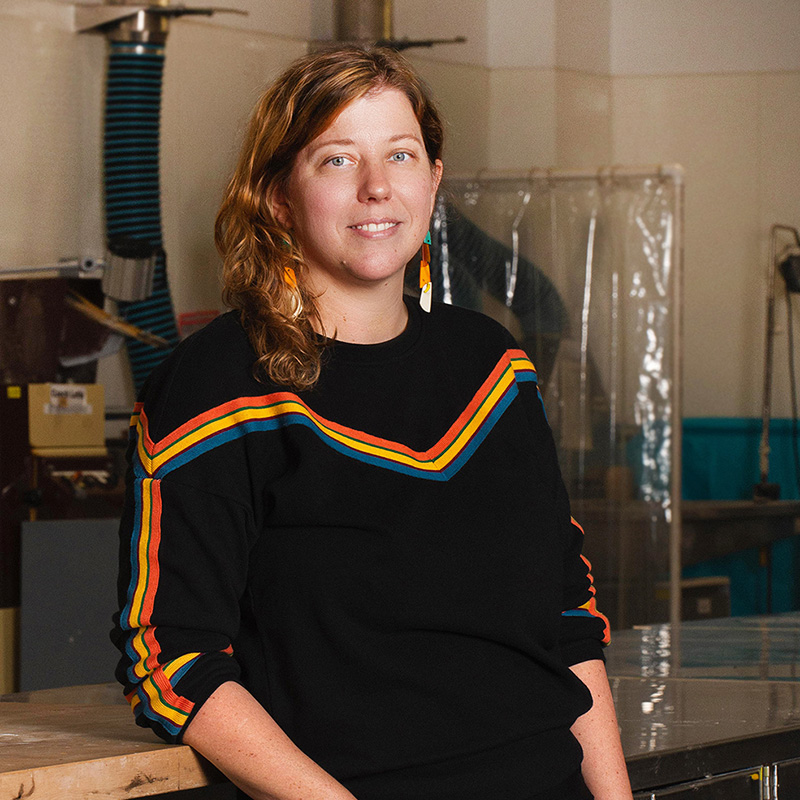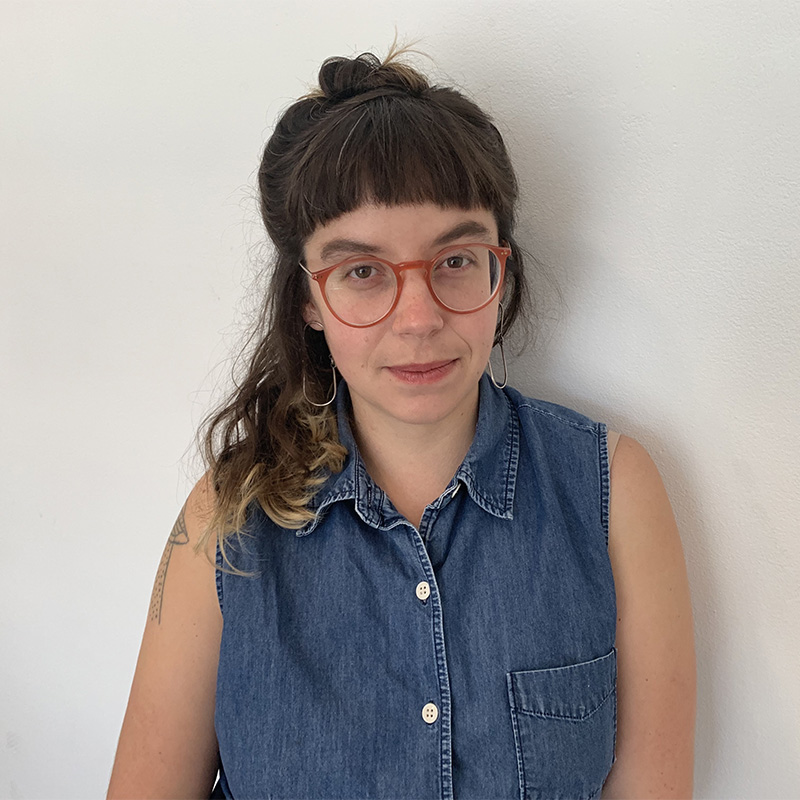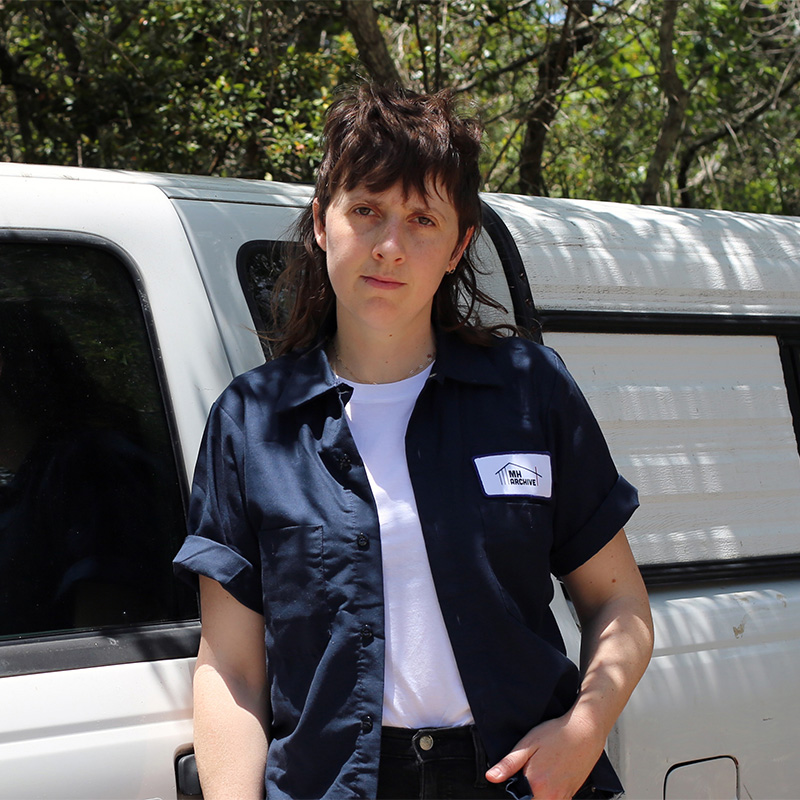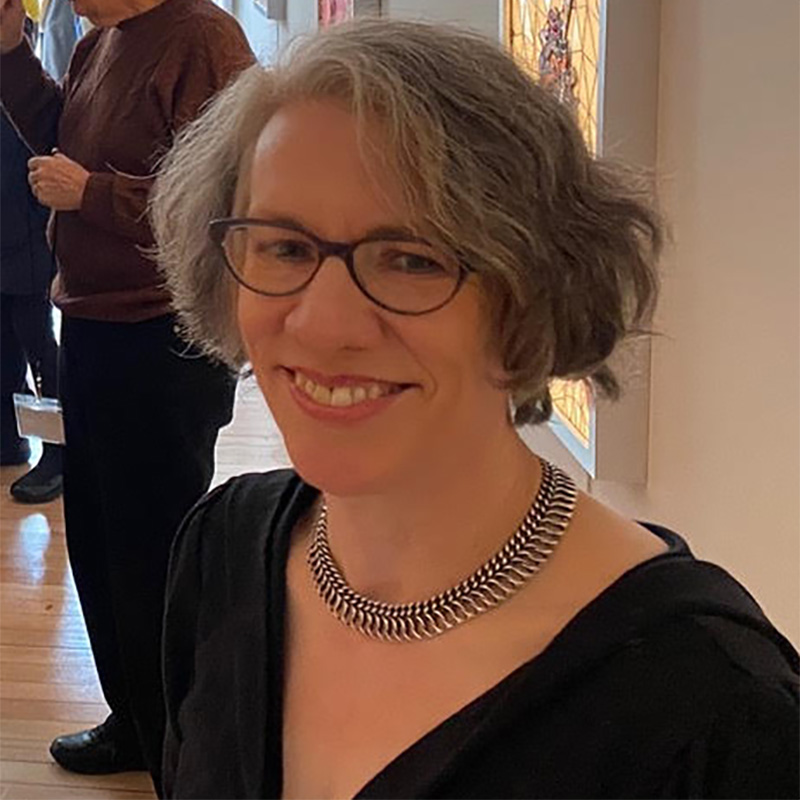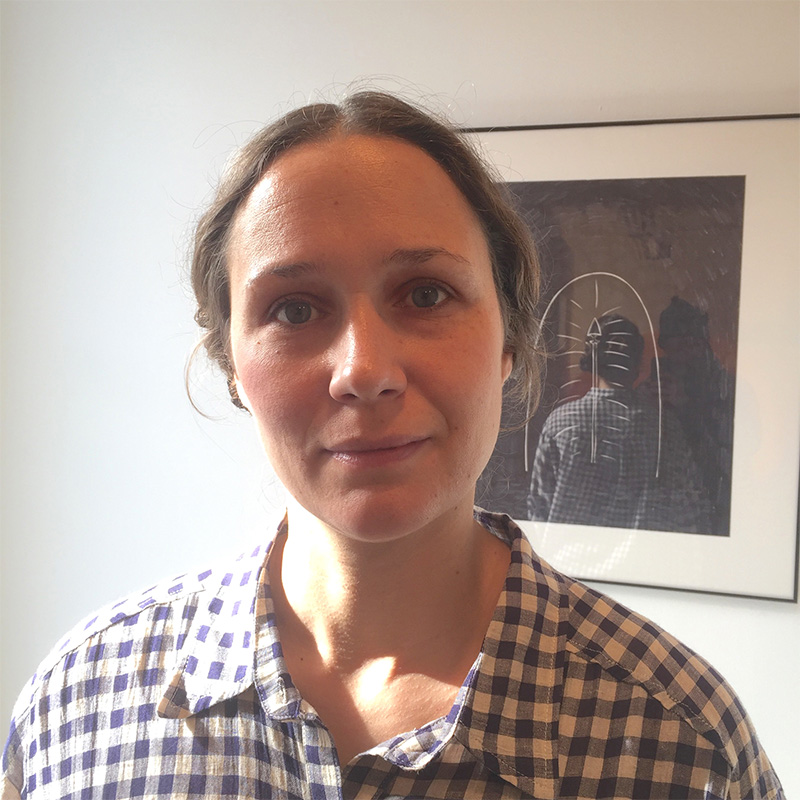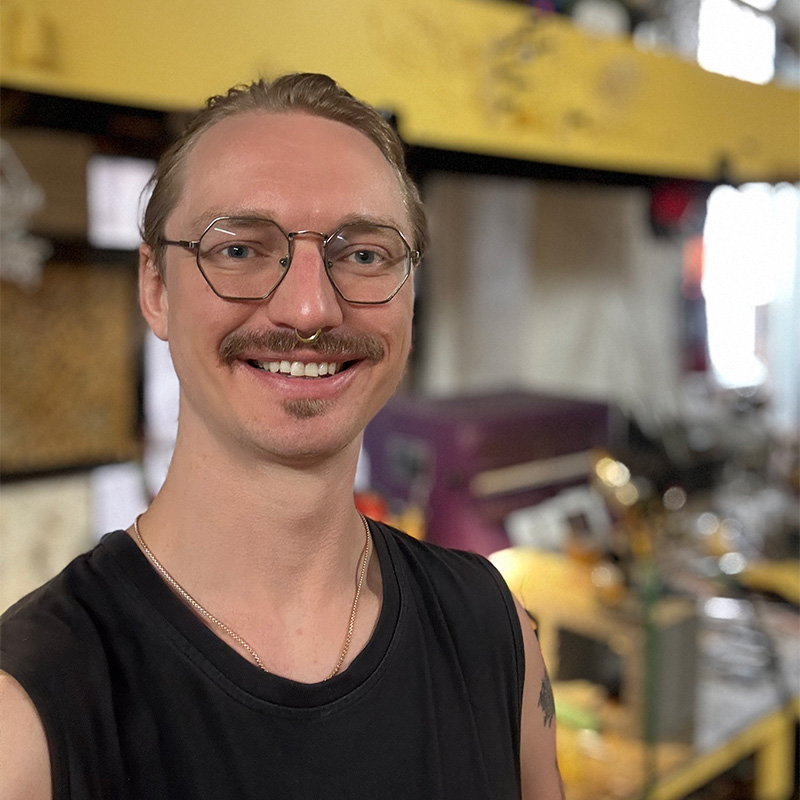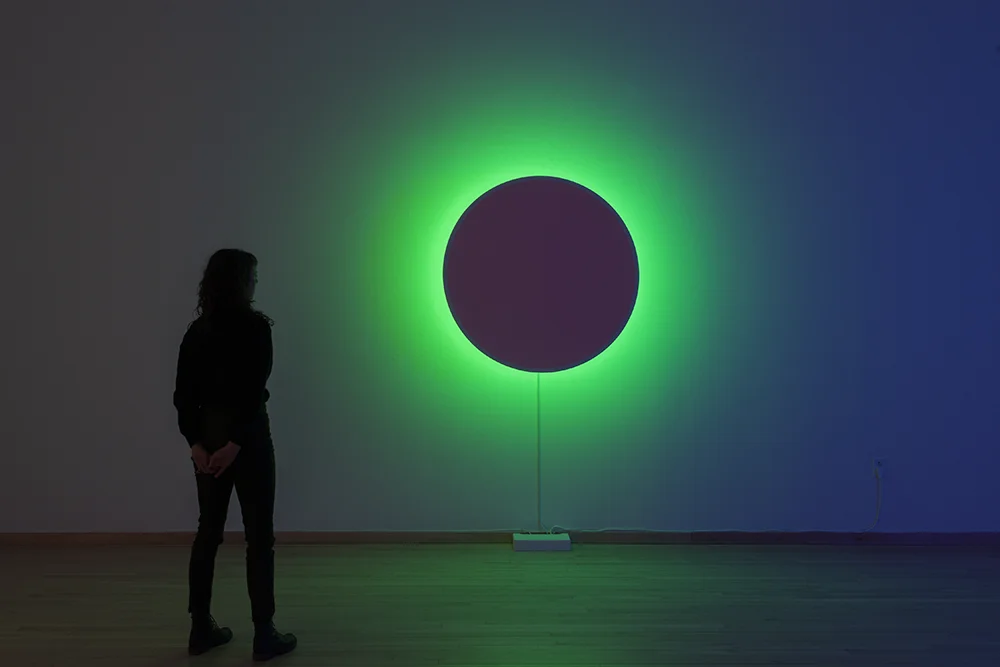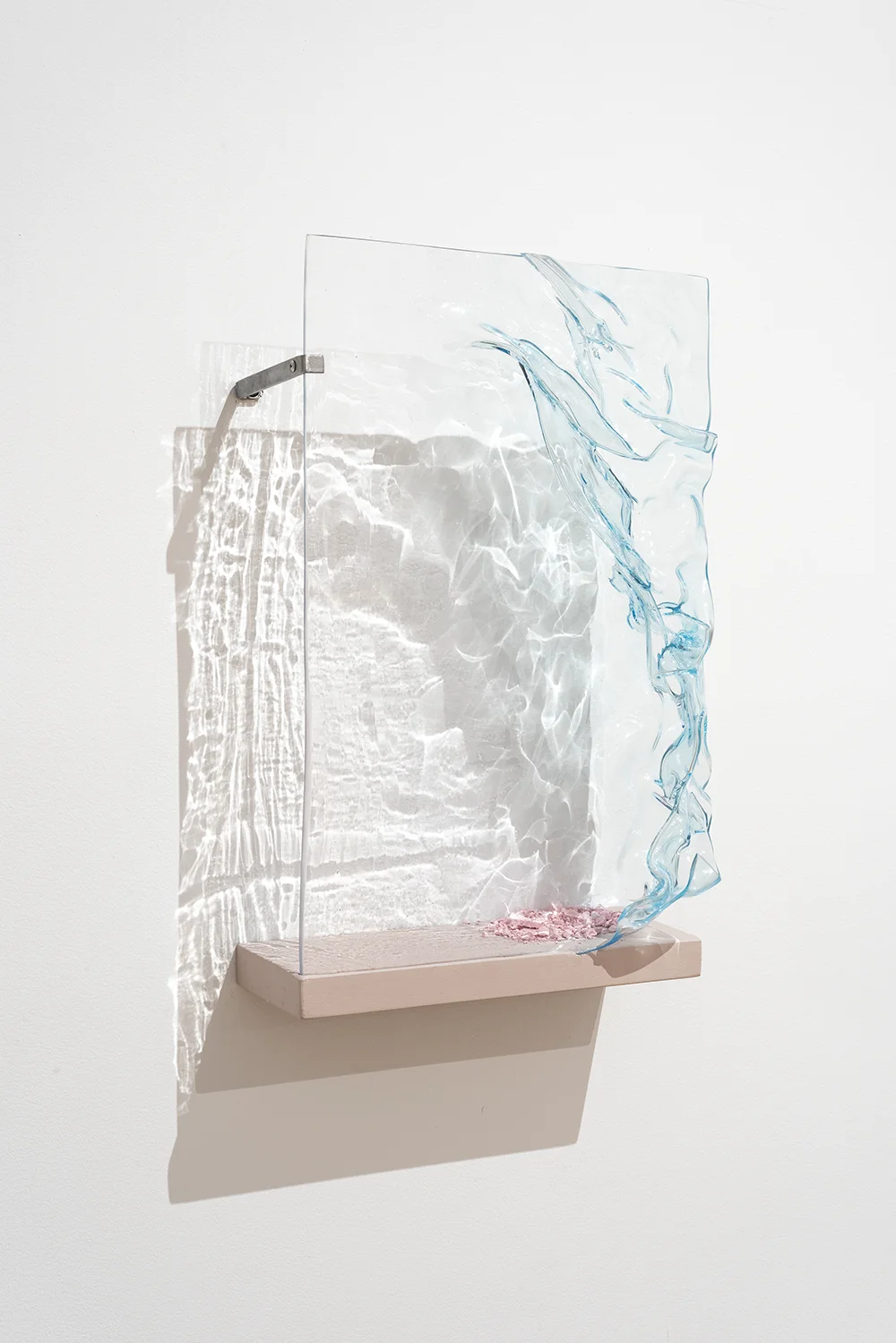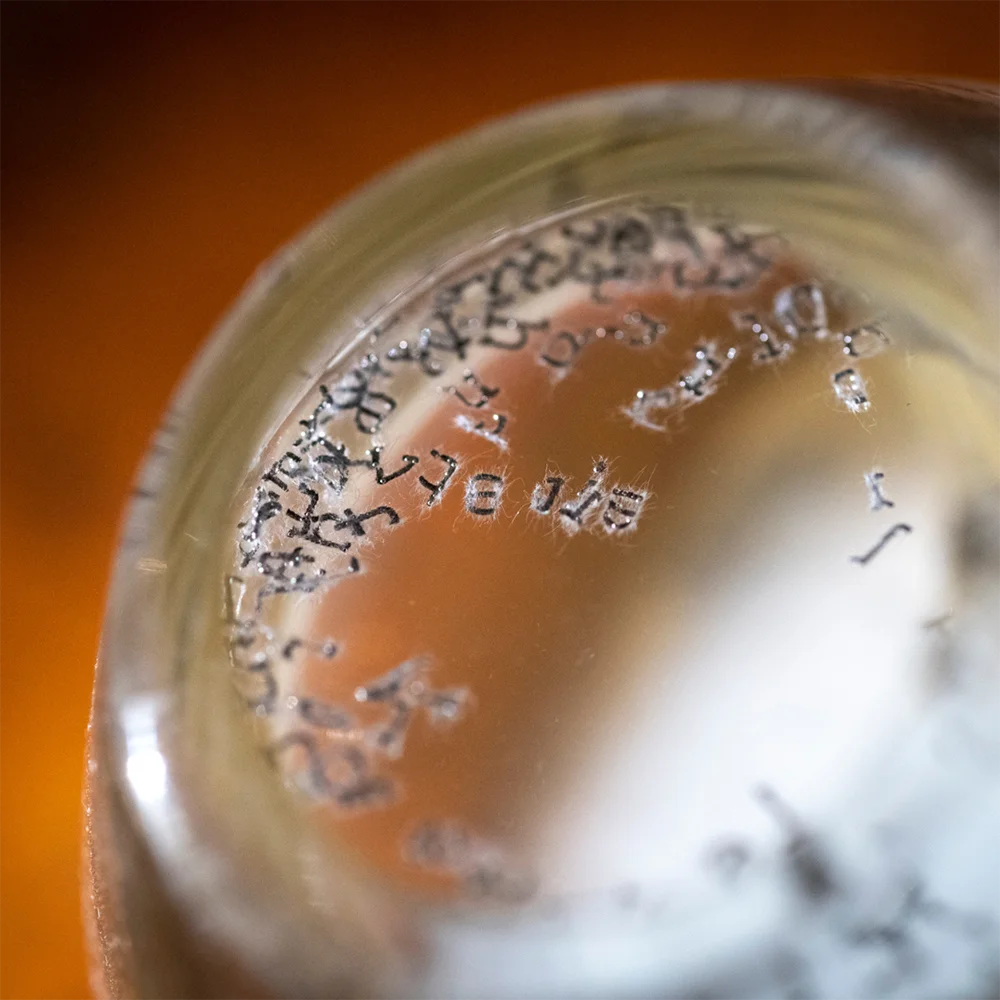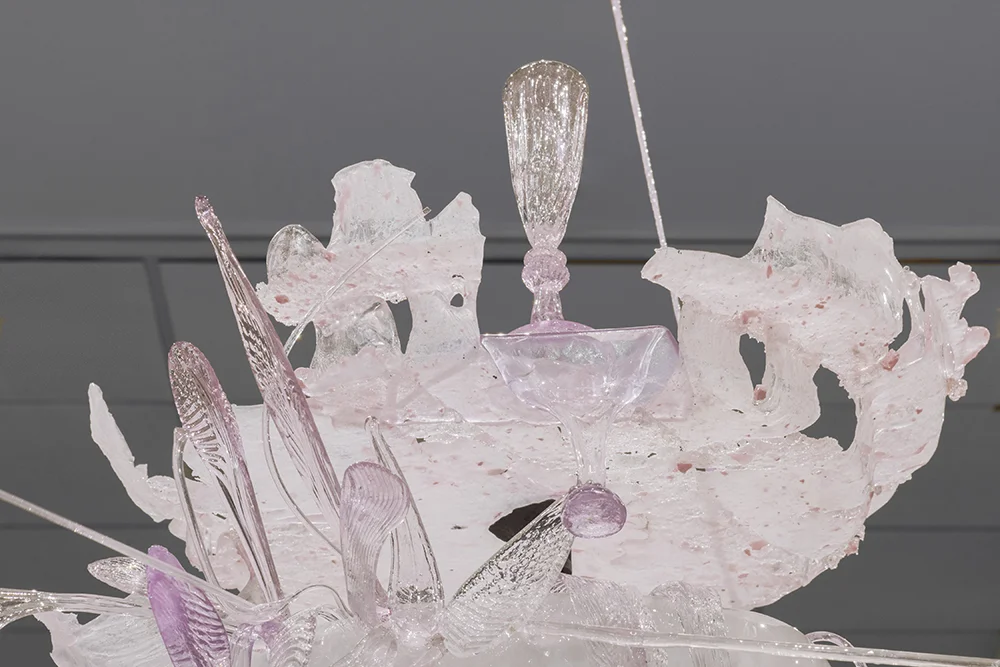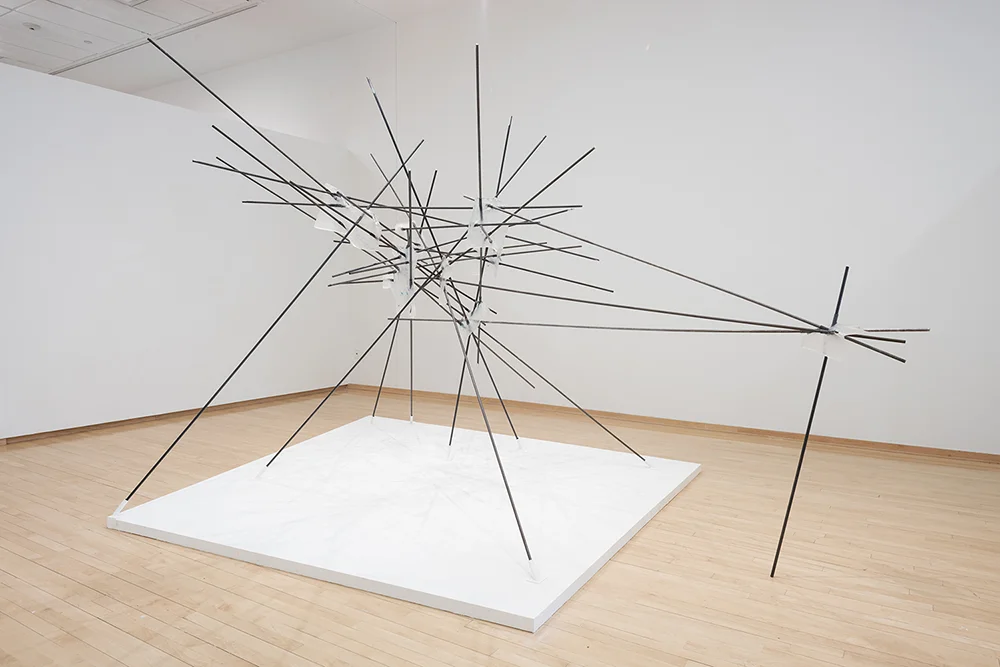Rïse Peacock
MFA ’17
Rïse Peacock (they/she), MFA ’17, is an interdisciplinary artist, curator, and educator whose practice is rooted in equity, accessibility, and the transformative power of art. As the inaugural Curatorial Fellow of Postwar and Contemporary Glass at the Corning Museum of Glass, Rïse contributes to acquisitions, exhibitions, and research, including projects like Collidoscope: De La Torre Brothers Retro-Perspective and Disclosure: The Whiteness of Glass.
With an MFA in Glass and Ceramics from the Tyler School of Art and Architecture and a BFA from Alfred University, Rïse approaches artmaking and curating through a socio-political lens, often exploring themes of queer identity, material culture, and luminous phenomena. Their artistic endeavors span writing, drawing, assemblage, mixed media, and zine projects. Notable exhibitions include Big Mood at Stay Home Gallery and the 2019 Women Create Biennial in Jamestown, NY.
As an educator, Rïse emphasizes applied learning and community engagement, guiding students through projects like the student-led exhibition altered: out of shape. Residing in New York's Southern Finger Lakes, Rïse continues to foster inclusive artistic communities and dialogues.

